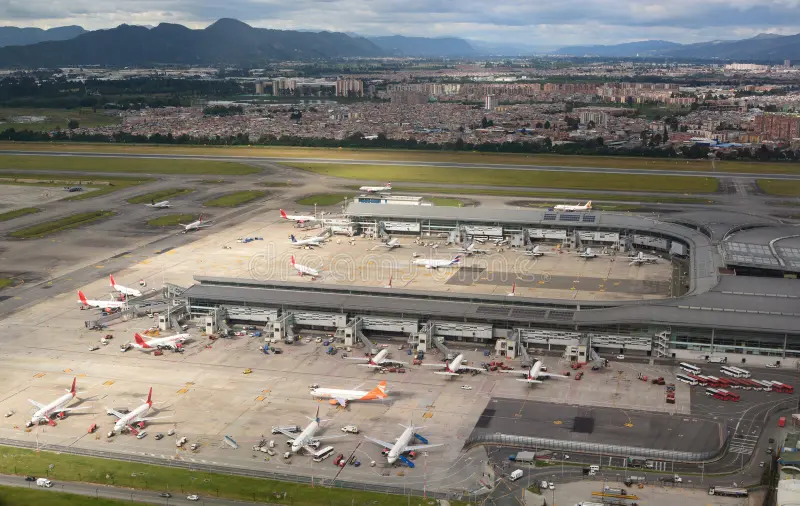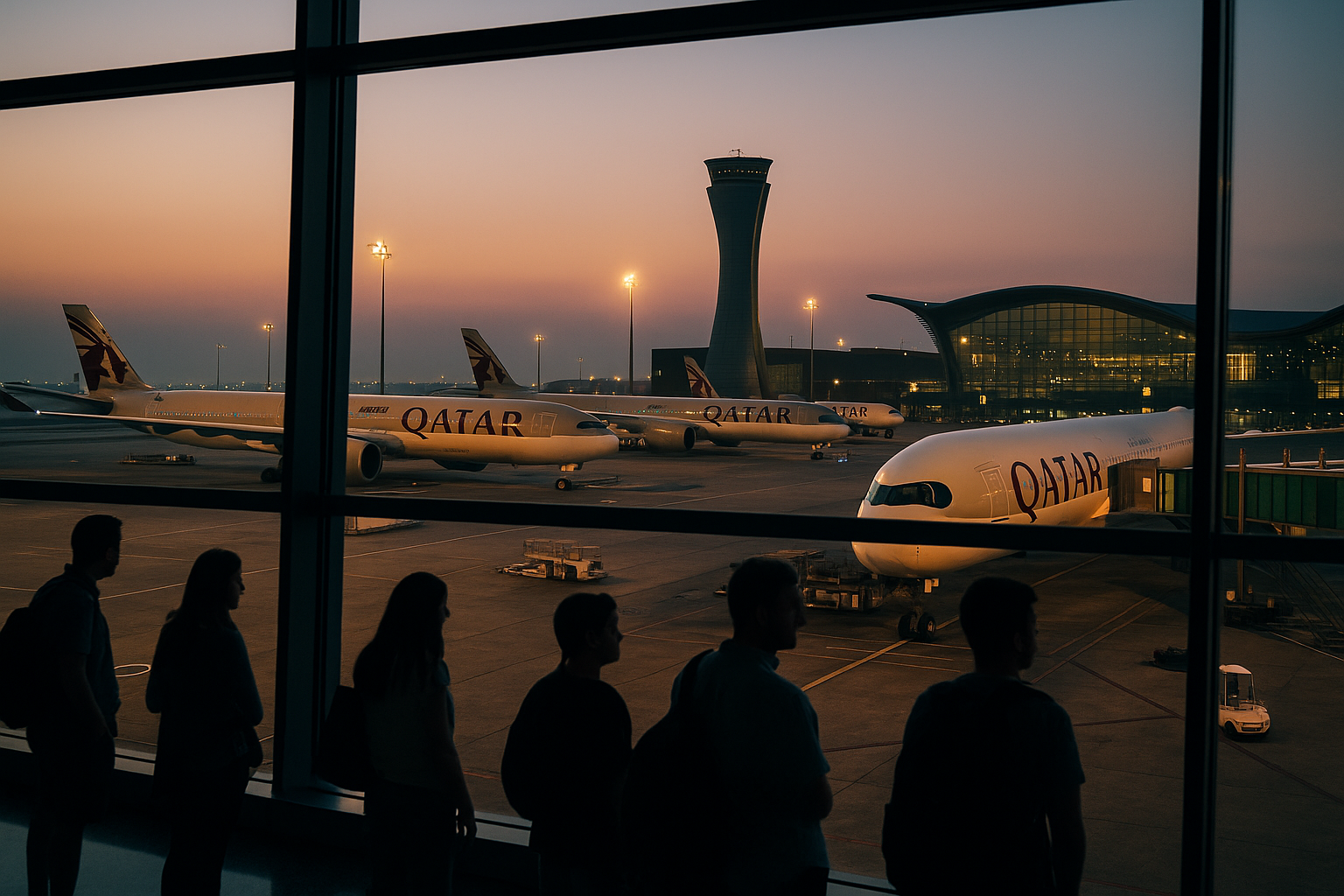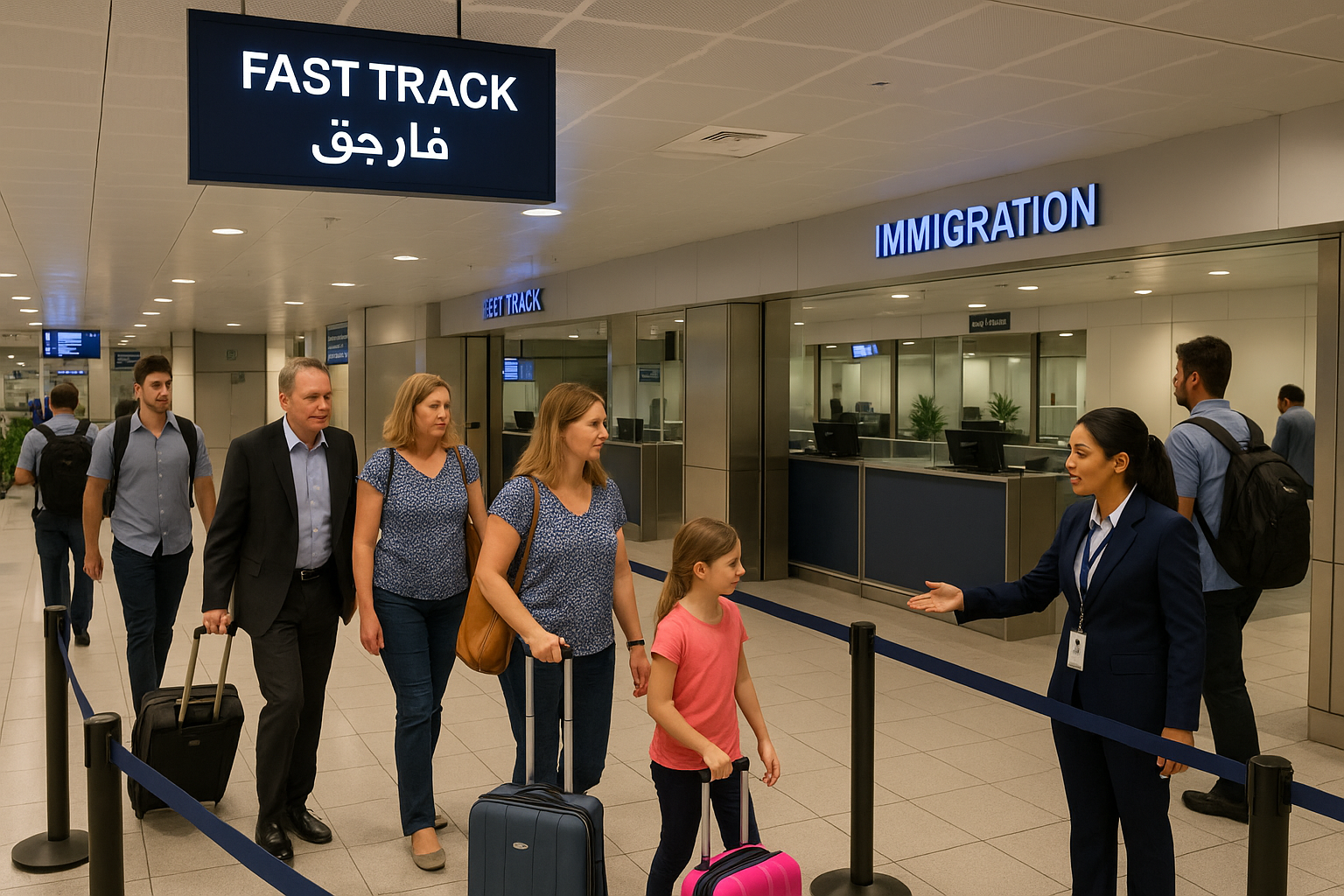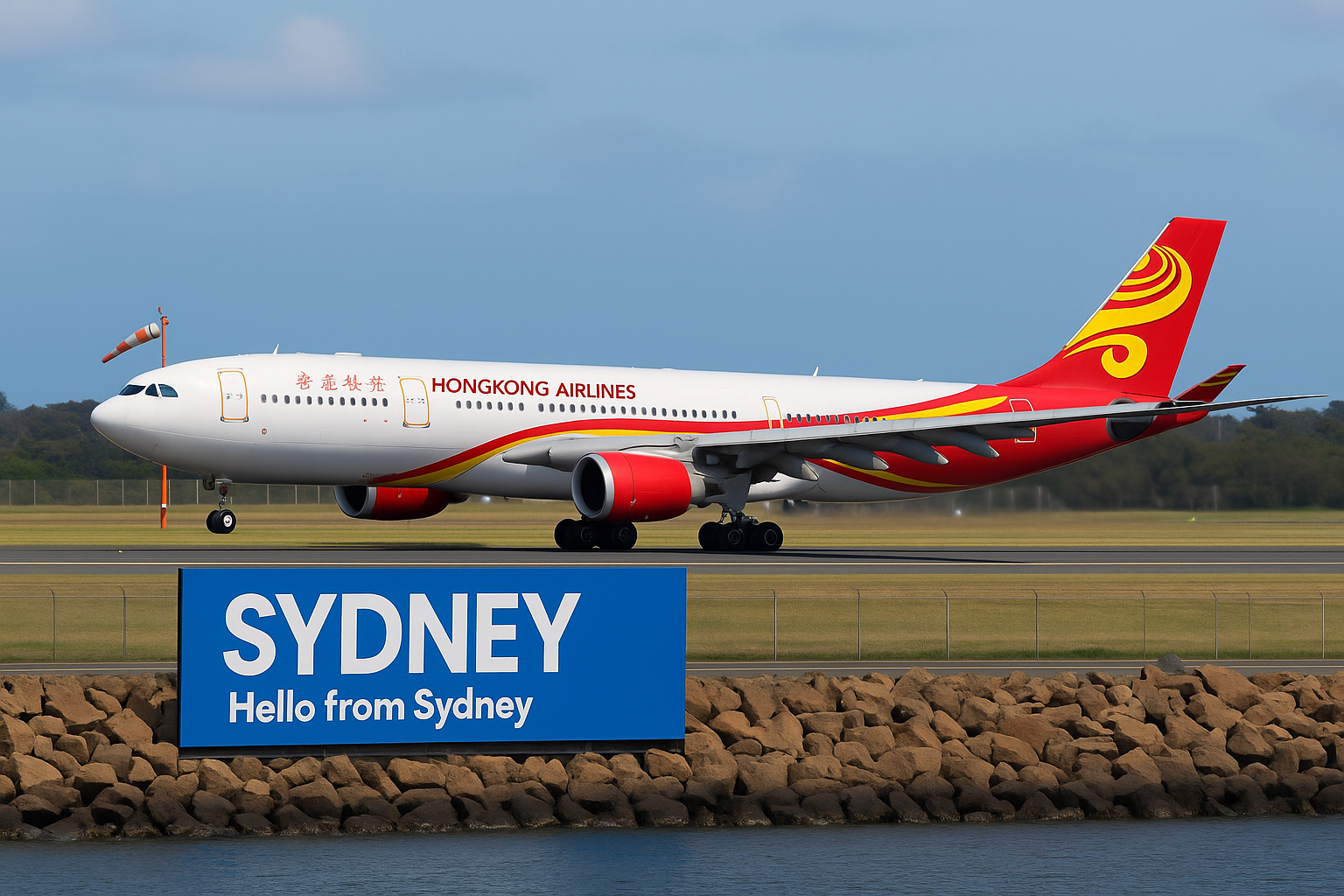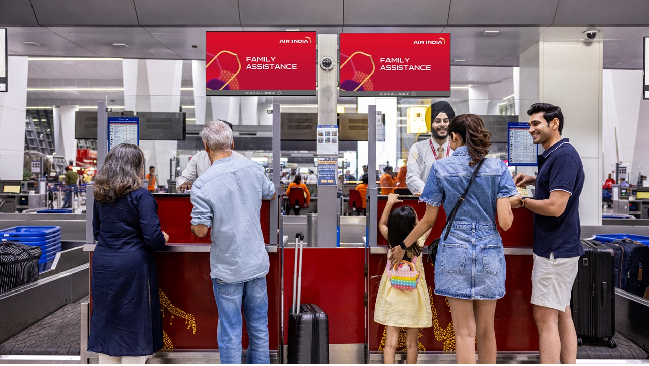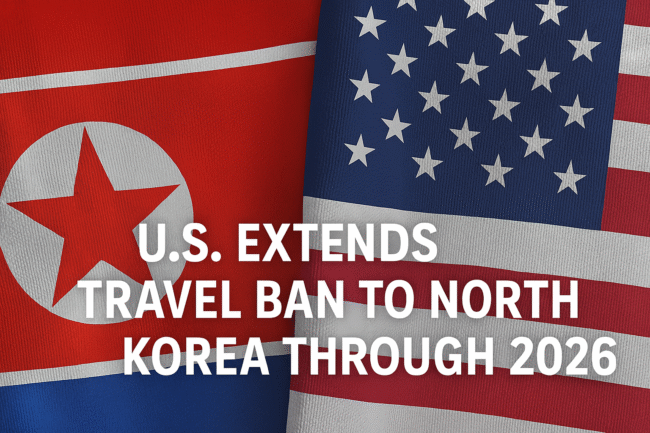In an escalating aviation crisis, more than 900 flights have been cancelled or delayed across key airports in the Middle East due to rising geopolitical tensions triggered by Iran’s recent retaliatory strike on a U.S. military facility. Top airlines including Air France, Qatar Airways, Emirates, Saudia, Japan Airlines, Wizz Air, United Airlines, and Etihad Airways are all among those forced to react swiftly by grounding flights, rerouting services, and grappling with airport congestion and safety concerns.
Dubai International Airport (DXB) Dubai, one of the world’s busiest aviation hubs, has seen over 45 flight cancellations and 237 delays in a single day.
- Emirates reported over 106 delays, while FlyDubai recorded 70 delays and two cancellations.
- Air India faced 12 cancellations, while its subsidiary Air India Express had eight more.
- Other impacted carriers include SpiceJet, Wizz Air Malta, Air France, KLM, United Airlines, and Qatar Airways.
Hamad International Airport (DOH), Doha Doha’s main gateway for Qatar Airways has experienced 125 delays and 23 cancellations.
- Qatar Airways reported 103 delays.
- Air India, Japan Airlines, Philippine Airlines, and Finnair each cancelled multiple flights.
- Budget and regional carriers such as FlyDubai, Jazeera Airways, and Kuwait Airways also faced partial disruptions.
King Khalid International Airport (RUH), Riyadh Riyadh has recorded 42 delays and 11 cancellations.
- Saudia led with seven cancellations and seven delays.
- Air France, Air India, and Philippine Airlines each reported cancelled services.
- Flynas and Etihad Airways experienced moderate delays.
King Abdulaziz International Airport (JED), Jeddah Jeddah faced 20 cancellations and 33 delays.
- Saudia again topped the list with eight cancellations.
- Akasa Air cancelled all six scheduled flights.
- Air India cancelled four, and Gulf Air dropped two.
Bahrain International Airport (BAH) Bahrain reported 30 delays and eight cancellations.
- Gulf Air bore the majority with six cancellations and 25 delays.
- FlyDubai also cancelled two flights.
Abu Dhabi International Airport (AUH) Abu Dhabi’s Etihad Airways recorded 91 delayed flights and six total cancellations.
- Other impacted carriers include Gulf Air, Akasa Air, and Western Global.
Queen Alia International Airport (AMM), Amman Amman registered 15 cancellations and 40 delays.
- Royal Jordanian experienced the most significant disruption with eight cancellations and 22 delays.
- Saudia and Jordan Aviation were also affected.
Ben Gurion International Airport (TLV), Tel Aviv Israel’s main airport saw 11 cancellations and two delays.
- El Al cancelled three flights, while Air France, Georgian Airways, and HiSky also suspended operations.
Sultan Hasanuddin International Airport (UPG), Indonesia Though far from the epicenter, Makassar’s delays (161) and cancellations (7) show the ripple effects across Asia-Pacific due to global aircraft rotations.
Crisis Summary and Broader Impact Across all affected airports:
- Total Cancellations: 147
- Total Delays: 782
- Combined Disruptions: 929
The most disrupted airlines include Qatar Airways (103 delays), Emirates (106 delays), Etihad Airways (91 delays), Saudia (15 disruptions), and Air India (over 15 cancellations).
This wave of cancellations stems from escalating military conflict between Iran and Israel. The retaliatory strike by Iran has created widespread concern over the safety of regional airspace, prompting airlines to adjust schedules and reroute aircraft. While official airspace closures remain limited, the operational volatility and heightened risk perception are creating significant airline and passenger disruptions.
The Bigger Picture for the Aviation Sector The Middle East serves as a vital corridor connecting Asia, Europe, and Africa. Continued instability here threatens the reliability of global flight schedules. Airlines are now operating with heightened alert protocols, placing additional strain on ground staff, flight crews, and airport infrastructure.
This aviation crisis serves as a stark reminder of how swiftly geopolitical developments can disrupt international travel and business. It also underscores the importance of real-time information, flexible rebooking options, and cross-border collaboration in restoring operational stability. As airlines monitor the evolving security landscape, further changes to timetables and safety procedures are anticipated in the coming weeks.
Travelers flying through the Gulf and nearby regions are urged to check flight status frequently and prepare for last-minute changes as airlines recalibrate operations based on shifting advisories.
For now, the aviation sector remains on high alert, navigating one of the most volatile episodes of 2025.
For more travel news like this, keep reading Global Travel Wire











